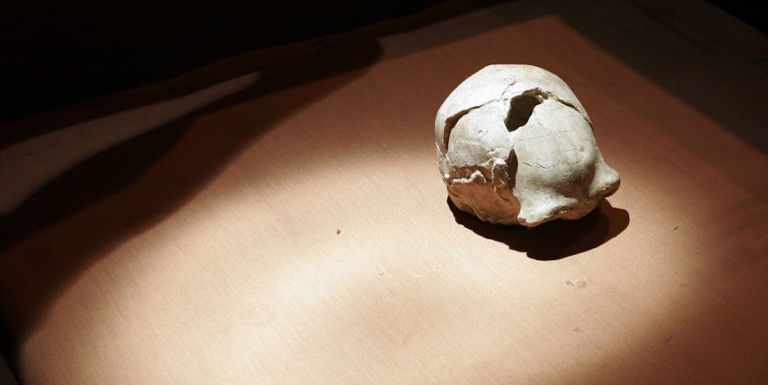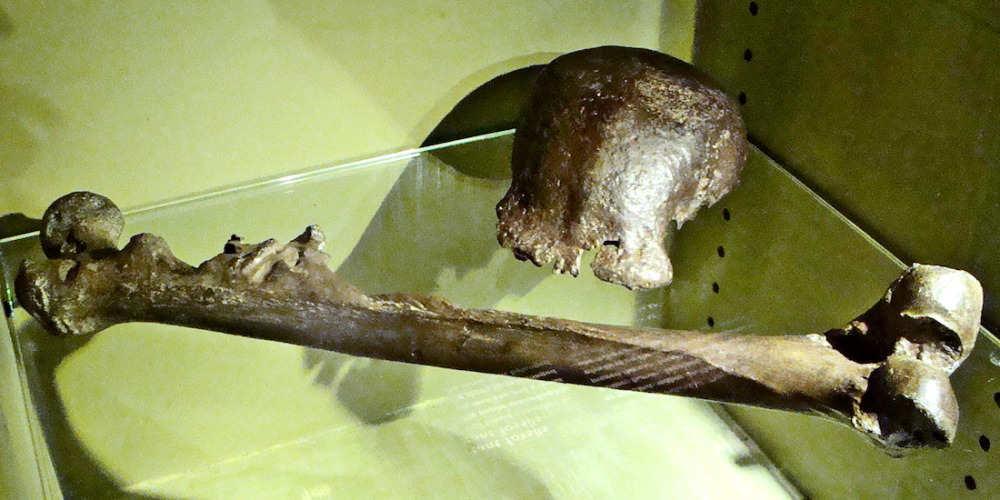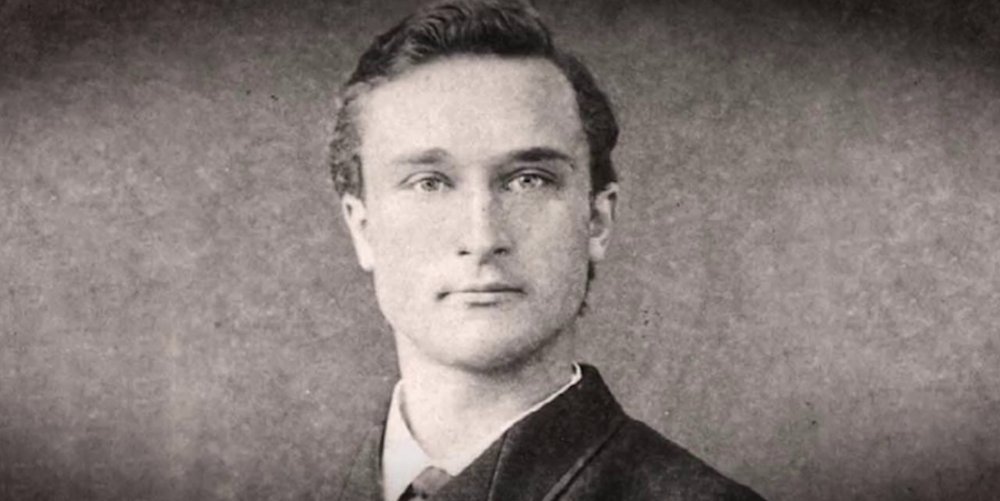
Dutch Government Pledges Repatriation of 28,000 Colonial-Era Specimens Including Landmark Human Evolution Discovery

New York, N.Y. – The Netherlands announced Friday its commitment to return approximately 28,000 fossils from the renowned “Dubois Collection” to Indonesia, marking a significant milestone in international efforts to repatriate colonial-era artifacts. The collection includes the historic remains of “Java Man,” the first Homo erectus specimens discovered by modern scientists in what became a cornerstone find for understanding human evolution.
Colonial Excavation Under Controversial Circumstances

The fossils were excavated in 1891 by Dutch anatomist and geologist Eugene Dubois during Indonesia’s colonial period under Netherlands rule.
Working in what is now Indonesia, Dubois employed convict labor to unearth the specimens that would revolutionize paleontological science and challenge prevailing theories about human origins.
The discovery included Java Man’s skull cap, molar, and femur—crucial evidence that enabled scientists to reconstruct Homo erectus, or “upright human,” a species that lived from approximately 1.9 million to 150,000 years ago.
These fossils provided the first established scientific link between apes and humans, fundamentally altering understanding of human evolutionary history.
“The circumstances under which the fossils were obtained make it likely that they were taken away against the will of the population,” stated the Dutch culture ministry in Friday’s announcement.
The ministry emphasized that “fossils were of spiritual and economic significance to the local population,” acknowledging the cultural importance of these specimens beyond their scientific value.
Scientific Significance and Historical Controversy
The Java Man discovery sparked intense scientific debate when Dubois first presented the findings to the international community.

The fossils challenged the then-dominant belief that human civilization emerged exclusively in Europe and Africa, suggesting instead that human evolution occurred across multiple continents simultaneously.
The specimens became the type fossils for Homo erectus, establishing this species as a crucial link in the human evolutionary chain.
Modern analysis has confirmed that these early humans possessed advanced toolmaking capabilities and were among the first to migrate out of Africa, spreading across Asia and establishing settlements throughout the Indonesian archipelago.
The discovery’s impact extended far beyond paleontology, influencing fields ranging from anthropology to philosophy as scholars grappled with new evidence about humanity’s origins and development.
The fossils provided concrete evidence for Charles Darwin’s evolutionary theories, published just decades earlier.
Dutch Independent Colonial Collections Committee Recommendations
The Dutch Independent Colonial Collections Committee conducted extensive research into the collection’s origins and recommended repatriation based on their findings. The committee determined that the fossils were removed without proper consent from local authorities or communities, falling under current international standards for cultural property repatriation.
The decision reflects broader efforts by former colonial powers to address historical injustices and return
culturally significant artifacts to their countries of origin. The committee’s recommendation considered both
the circumstances of acquisition and the ongoing cultural significance of the fossils to Indonesian communities.
“This repatriation acknowledges the colonial context in which these specimens were removed and recognizes Indonesia’s rightful claim to these important pieces of human heritage,” explained committee members in their formal recommendation to the Dutch government.

Broader Pattern of Dutch Repatriations
The Java Man return continues a recent trend of Dutch repatriations of colonial-era artifacts.

Earlier this year, the Netherlands returned 119 ancient sculptures to Nigeria, including priceless “Benin Bronzes“—metal and ivory sculptures dating to the 16th century that were removed from the former Kingdom of Benin more than 120 years ago.
These repatriations represent part of a comprehensive review of Dutch museum collections acquired during the colonial period. The process involves examining acquisition circumstances, consulting with origin communities, and developing frameworks for returning culturally significant items.
The Dutch approach has become a model for other European nations grappling with similar colonial-era collections. Museums across the Netherlands are actively reviewing their holdings and working with international partners to identify items suitable for repatriation.
Indonesian Independence and Cultural Reclamation
Indonesia declared independence in August 1945 after three centuries of Dutch colonial rule, though Dutch recognition only occurred in 1949 following four years of armed conflict. The return of the Java Man fossils symbolizes ongoing efforts to address colonial legacies and restore cultural heritage to formerly colonized nations.
For Indonesia, the repatriation represents both scientific and cultural significance. The fossils are central to understanding the region’s role in human evolution and provide tangible connections to ancient Indonesian history. Local communities have long maintained spiritual and cultural connections to these archaeological sites.
The Indonesian government has invested significantly in developing paleontological research capabilities and museum infrastructure to properly house and study the returned specimens. Plans include establishing research partnerships with international institutions while maintaining Indonesian oversight of the collections.

Impact on Future Paleontological Research
The repatriation raises important questions about international scientific collaboration and access to crucial evolutionary evidence. While the fossils will return to Indonesian custody, researchers expect continued international cooperation in studying these specimens.
Modern technology enables new analytical techniques that were unavailable during Dubois’s era, potentially revealing additional insights about early human evolution. Advanced imaging, genetic analysis, and comparative studies could provide new understanding of Homo erectus populations and their relationship to other early human species.
The return also highlights the importance of conducting paleontological research within ethical frameworks that respect local communities and acknowledge indigenous knowledge systems. Future excavations in Indonesia will likely involve collaborative approaches that include local expertise and community participation.
Timeline and Implementation
The Dutch government has not announced specific timelines for the physical transfer of the fossils, though officials indicated that detailed planning is underway. The process will likely involve extensive documentation, conservation assessment, and coordination between Dutch and Indonesian institutions.
Preparation for the transfer includes ensuring appropriate storage and research facilities in Indonesia, training programs for Indonesian researchers, and development of long-term conservation strategies. The complexity of moving such significant and fragile specimens requires careful planning and international cooperation.
The repatriation will also involve legal processes to formally transfer ownership and establish frameworks for ongoing scientific access. These agreements will likely serve as models for future repatriation efforts involving scientifically significant collections.
Netherlands Returns Historic “Java Man” Fossils to Indonesia (Sept. 12, 2025)
Audio Summary
The Netherlands announced Friday its commitment to return 28,000 fossils from the historic Dubois Collection to Indonesia, including the landmark Java Man remains discovered in 1891. The fossils, taken during Dutch colonial rule without local consent, include crucial Homo erectus specimens that revolutionized understanding of human evolution. The Dutch Independent Colonial Collections Committee recommended repatriation, acknowledging the fossils’ spiritual and economic significance to local populations. This continues broader Dutch efforts to return colonial-era artifacts, following earlier repatriation of Benin Bronzes to Nigeria.
#JavaMan #Indonesia #Netherlands #Repatriation #ColonialHistory
#Paleontology #HomoErectus #CulturalHeritage #MuseumReturns #Evolution
TAGS: Java Man, Netherlands, fossil repatriation, colonial artifacts, Homo erectus, Eugene Dubois, cultural heritage,
Indonesia, paleontology, human evolution, Dutch colonies, museum collections, Benin Bronzes, international repatriation
